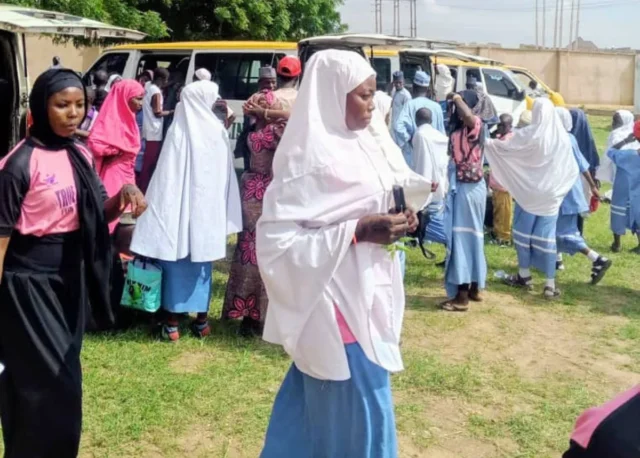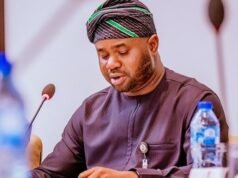Kano State Government has successfully dispatched 588 students to thirteen (13) northern states under its 2025/2026 Students Exchange Programme. The scheme is designed to promote cultural unity, deepen mutual understanding among different communities, and broaden educational experiences for youth across the northern region.
The students have already been safely transported to Adamawa, Bauchi, Gombe, Jigawa, Katsina, Kebbi, Taraba, Nasarawa, Yobe, Kaduna, Sokoto, Borno, and Kwara States. Additionally, 78 more pupils are slated for conveyance to Niger and Benue States on 30th September 2025.
Speaking to reporters during the send‐off, Dr Ali Haruna Makoda, Kano State’s Commissioner for Education—represented by the Director of Monitoring and Evaluation, Auwal Muhammad Mustapha—stressed the government’s commitment to ensuring both logistical sufficiency and safety for the students while in transit and in their host states.
“His Excellency, the Governor, is giving us all the necessary logistics and financial support to make our work easier and ensure that the students are transported to their respective states safely,” Mustapha affirmed.
Makoda also thanked parents, guardians, and other stakeholders for their cooperation, emphasising that such a collaborative effort is crucial to sustaining the success of the programme.
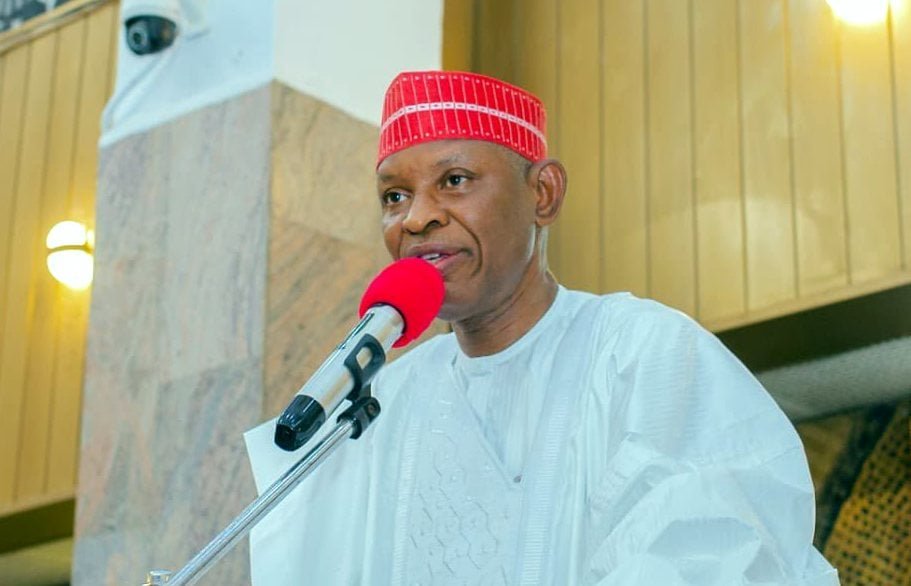
Table of Contents
The Purpose and History of the Exchange Programme
The Students Exchange Programme in Kano is not new. It is one of the longstanding initiatives that tie together 19 northern states (including Kano) in Nigeria. The goal is to allow pupils to study outside their home state, to foster interstate friendships and cultural awareness, and to contribute to national cohesion.
Over the years, the scheme has helped many young people to gain first‐hand exposure to different dialects, religions, traditions, and educational systems within northern Nigeria. By stepping out of familiar environments, students learn adaptability, tolerance, and respect for diversity—qualities seen as vital for peace and development in Nigeria.
From the outset, the programme has had multiple objectives:
- To reduce parochial attitudes among youth and promote understanding between states;
- To give students exposure to different learning contexts which may not be available in their home locality;
- To use education as a tool for unity among the northern states, especially given Nigeria’s ethnic, cultural, and religious diversity.
The 2025/2026 edition builds on these aims, widening the reach to cover more pupils and more states, while also emphasising safety and welfare.
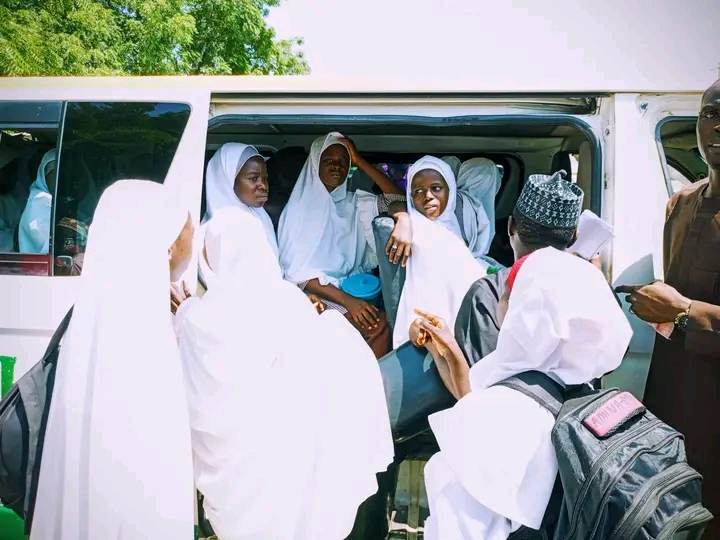
Logistics, Safety and Parental Assurance
The success of transporting over five hundred students across the northern regions depends on well-planned logistics and strong oversight. The Kano Government has said it is providing full financial and logistical support. According to Dr Makoda’s office, transportation, accommodation (where required), supervision, and welfare are all being managed to ensure students arrive at their destination safely and in good condition.
Monitoring and evaluation are central to this operation. The Director of Monitoring and Evaluation, Auwal Muhammad Mustapha, is personally involved in overseeing progress, ensuring that host institutions in destination states are ready to receive the students, and coordinating with parents to allay concerns.
Parents and community leaders have been reassured that, despite the distances involved, Kano’s leadership has put safety measures in place. Security checks, safe travel routes, chaperone arrangements, and proper orientation for students before travel were among the measures mentioned.
Broader Significance: Unity, Capacity Building and Educational Enrichment
Beyond the immediate benefits to the individual students, the exchange programme carries wider significance for Kano State and the North generally. By facilitating interaction among young Nigerians from different states, the scheme helps to build bridges, eroding prejudices and misunderstandings that often stem from ignorance or isolation.
Educationally, students stand to gain by experiencing different pedagogical styles, curricula, school cultures and even languages or dialects. These exposures can make them more adaptable, socially aware, and better prepared for higher education or careers in diverse settings.
From a capacity-building viewpoint, institutions in host states benefit too: they receive exchange pupils, which can encourage resource sharing, and sometimes motivate inter-school collaborations. The programme may also prompt host communities to review their student welfare mechanisms, infrastructure, and teacher capacities.
At a national level, initiatives like this contribute to stronger national cohesion—a pressing necessity in a country as ethnically, culturally, and religiously diverse as Nigeria. By nurturing respect, dialogue, and shared experiences, such programmes help lessen state‐to‐state suspicion or parochial tendencies.
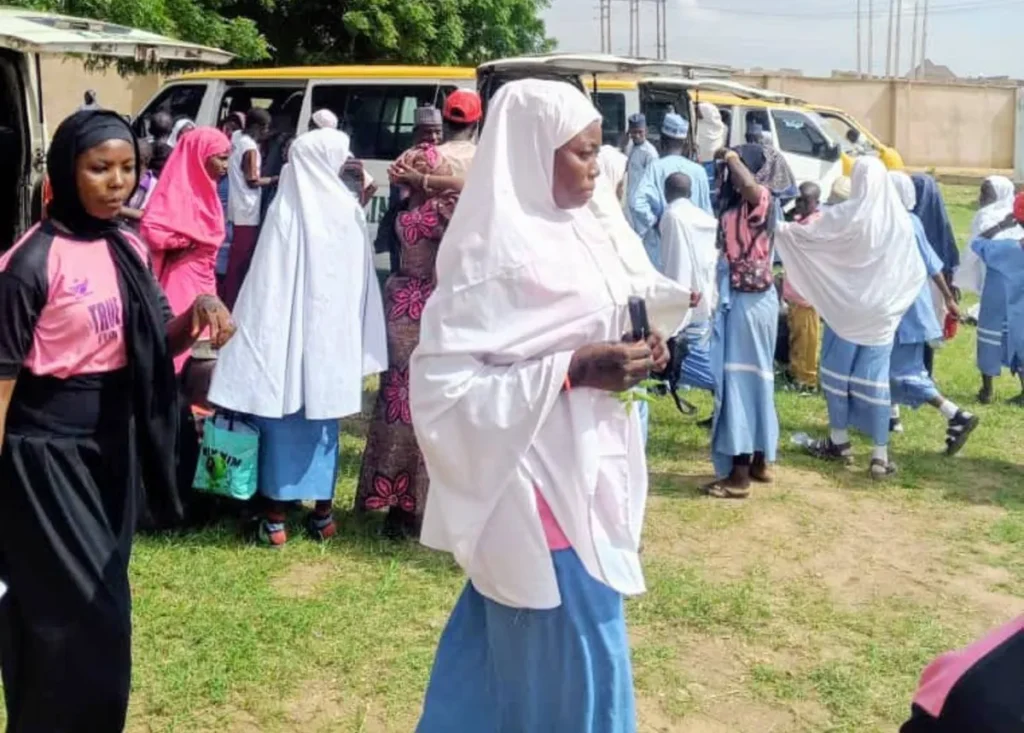
Conclusion
With 588 students already dispatched, and 78 more on the way, Kano State has once more demonstrated its commitment to using education as a tool for unity and development. The State’s leadership has reassured stakeholders that all logistical, financial, and welfare aspects are being handled diligently.
As this year’s cohort settles into their host states, much will depend on follow-through—how well they adapt, perform, and return—bringing new perspectives and stronger connections with them. If past versions of this programme are any guide, the gains will extend well beyond the classroom, touching hearts, expanding minds, and strengthening bonds across northern Nigeria.
Join Our Social Media Channels:
WhatsApp: NaijaEyes
Facebook: NaijaEyes
Twitter: NaijaEyes
Instagram: NaijaEyes
TikTok: NaijaEyes
READ THE LATEST EDUCATION NEWS


